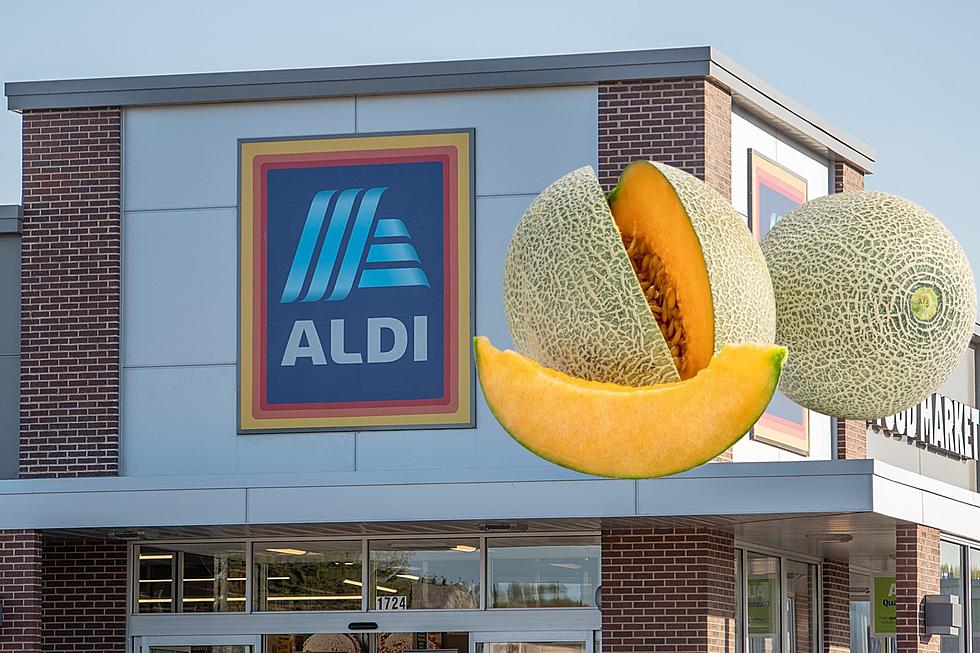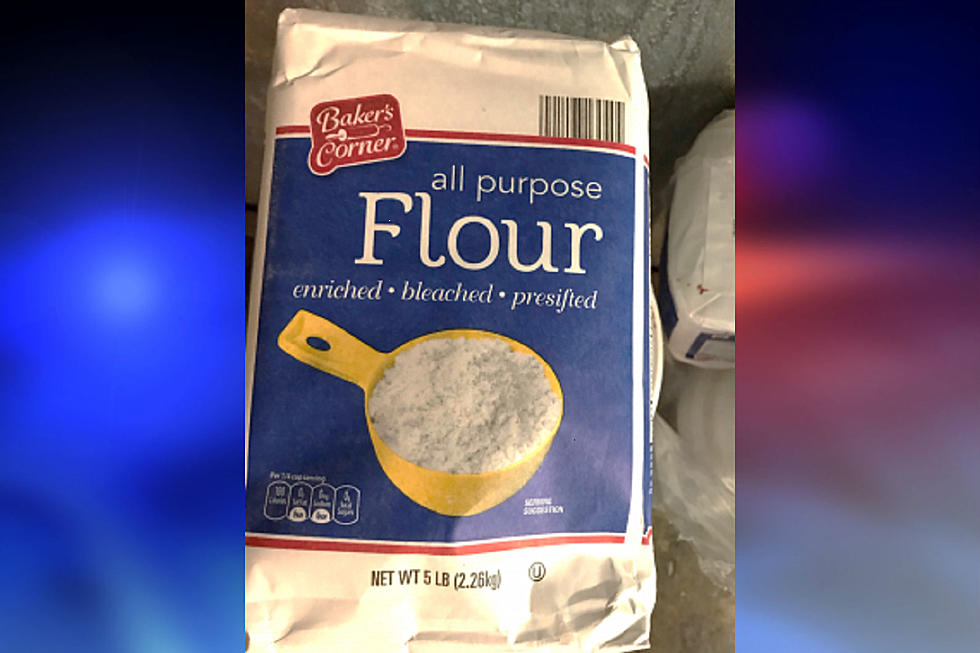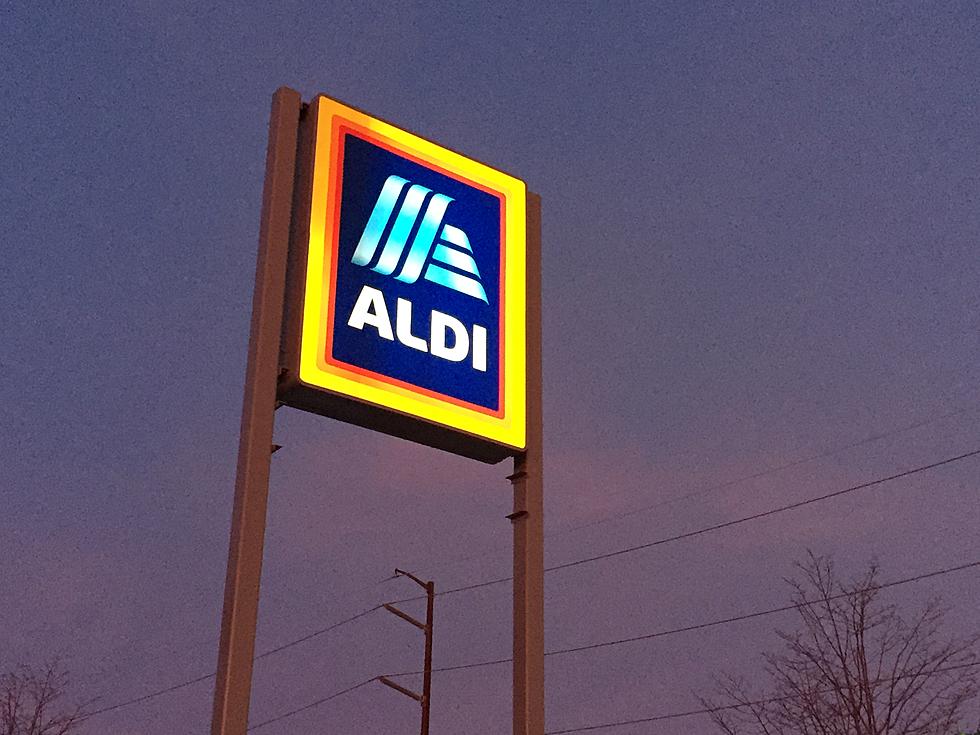
Deadly outbreak: Fresh fruit recall expands in NJ
🔺 FDA and CDC further expands fruit recall in NJ due to deadly outbreak
🔺Infections are reported in daycare centers and long-term care facilities
🔺Recall now involves ALL cantaloupe
IMPORTANT UPDATE:
The Food and Drug Administration has expanded the recall of whole fresh cantaloupe as the Centers for Disease Control and Prevention report more people have fallen ill.
CDC officials say you should avoid eating cantaloupe chunks and fruit mixes with cantaloupes at restaurants and grocery stores if their source and brand is not known.
cdc.gov
A total of 117 people are confirmed to have gotten salmonella from tainted fruit, including 18 new confirmed cases in the last week. 61 people have now been hospitalized, including 16 in the last week.
The contamination has now spread to at least 34 states. At least three cases of salmonella poisoning are confirmed in New Jersey.
CDC officials are particularly concerned about this latest outbreak because many of the infections have been severe and have impacted people in long-term care facilities and childcare centers.
A notice on the CDC website reads:
Do not eat pre-cut cantaloupes if you don’t know whether Malichita or Rudy brand cantaloupes were used.
The specific recall notice from the FDA is as follows:
Recalled whole cantaloupe from the following brands:
🍈 Whole fresh cantaloupes with a label on the cantaloupe that says “Malichita” or “Rudy”, “4050”, and “Product of Mexico/produit du Mexique”
🍈 Retailers and wholesalers would have received recalled whole melons from Crown Jewels Produce in boxes labeled “Malichita/Z Farms” or from Sofia Produce doing business as TruFresh in boxes labeled “Malichita” or “Rudy”, or from Pacific Trellis in corrugated cartons with certain lot codes
🍈 Recalled pre-cut cantaloupe and products containing pre-cut cantaloupes (these products are made from recalled whole cantaloupes):
🍈 ALDI cantaloupe, cut cantaloupe, and pineapple spears in clamshell packaging with Best-by dates between October 27 and October 31.
🍈 Vinyard cantaloupe chunks and cubes, fruit mixes, melon medleys, and fruit cups containing cantaloupe. Most have a “Vinyard” label, and some have a red label with “Fresh” sold between October 30 and November 10 in Oklahoma stores.
Previous story below:
The FDA is expanding its recall of cantaloupe and adding pineapple amidst a deadly outbreak of salmonella.
At least 99 infections have been reported in New Jersey and nine other states. Two people have died.
The cantaloupes were grown in Arizona and sold at Aldi supermarkets.
Aldi has 61 locations in New Jersey.
According to the recall notice posted on the Aldi website, the recall involves the following products:
🔺Cantaloupe, cut cantaloupe, and pineapple spears in clamshell packaging with Best-by dates between October 27 and October 31.
🔺Vinyard cantaloupe chunks and cubes, fruit mixes, melon medleys, and fruit cups containing cantaloupe. Most have a “Vinyard” label, and some have a red label with “Fresh” sold between October 30 and November 10.
🔺Freshness Guaranteed seasonal blend, melon trio, melon mix, fruit blend, fruit bowl, seasonal fruit tray, fruit mix, and cantaloupe chunks
🔺RaceTrac fruit medley sold in clear square or round plastic containers at select retail stores.
The FDA is also warning against consumers or restaurants that may have frozen the product, and urges any stored containers be thrown out.
Read the entire recall notice and view specific UPC codes here.
What is salmonella?
Salmonella are bacteria that make people sick.
Most people with Salmonella infection have diarrhea, fever, and stomach cramps.
Symptoms usually begin six hours to six days after infection and last four to seven days. However, some people do not develop symptoms for several weeks after infection and others experience symptoms for several weeks.
Salmonella strains sometimes cause infection in urine, blood, bones, joints, or the nervous system (spinal fluid and brain), and can cause severe disease.
Children younger than five, the elderly, and people with weakened immune systems are more likely to have severe infections.
If you suspect you may have been infected, it is important to contact your health care provider immediately.
How is salmonella treated?
Most people recover without specific treatment and should not take antibiotics.
Antibiotics are typically used only to treat people who have severe illness or who are at risk for it.
It is important to drink plenty of fluids as long as the diarrhea persists to avoid complications from dehydration.
Here's how NJ prices have changed: Now, 10, 20 years ago
Gallery Credit: Erin Vogt
Security block used by NJ delivery worker you need to know about
Gallery Credit: Mike Brant
This sleepy historic South Jersey town is worth a half-day trip
Gallery Credit: Dennis Malloy
Report a correction 👈 | 👉 Contact our newsroom
More From WPG Talk Radio 95.5 FM










